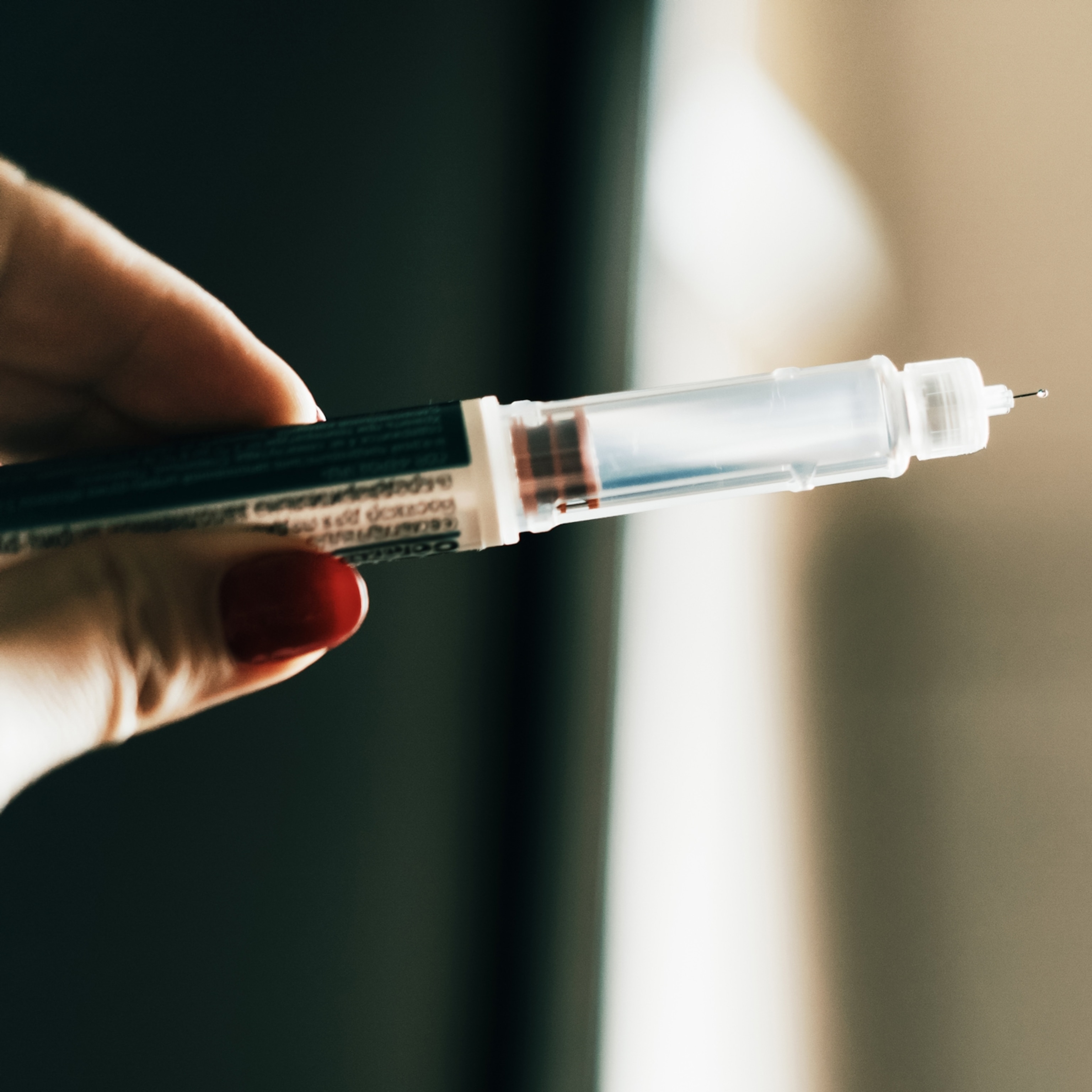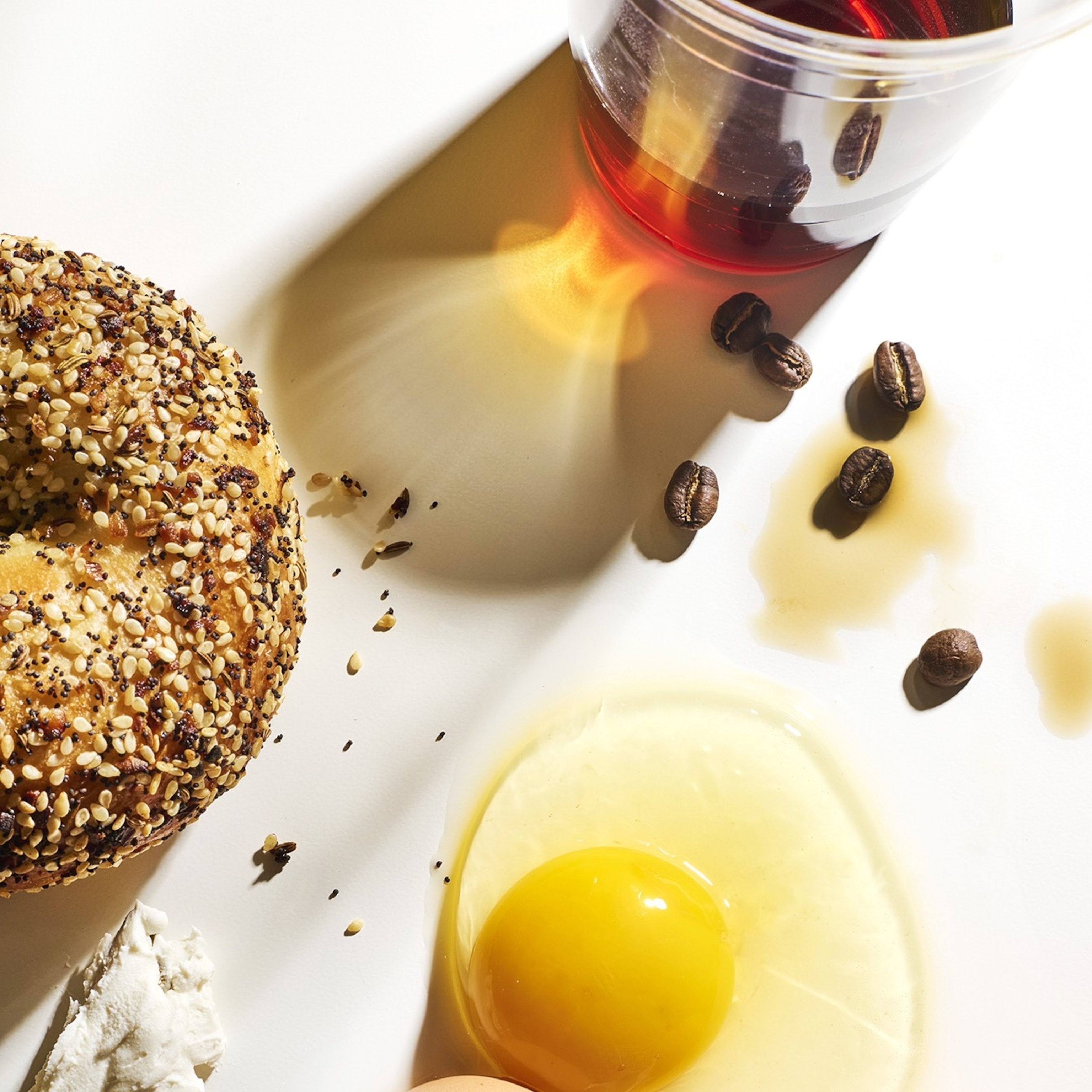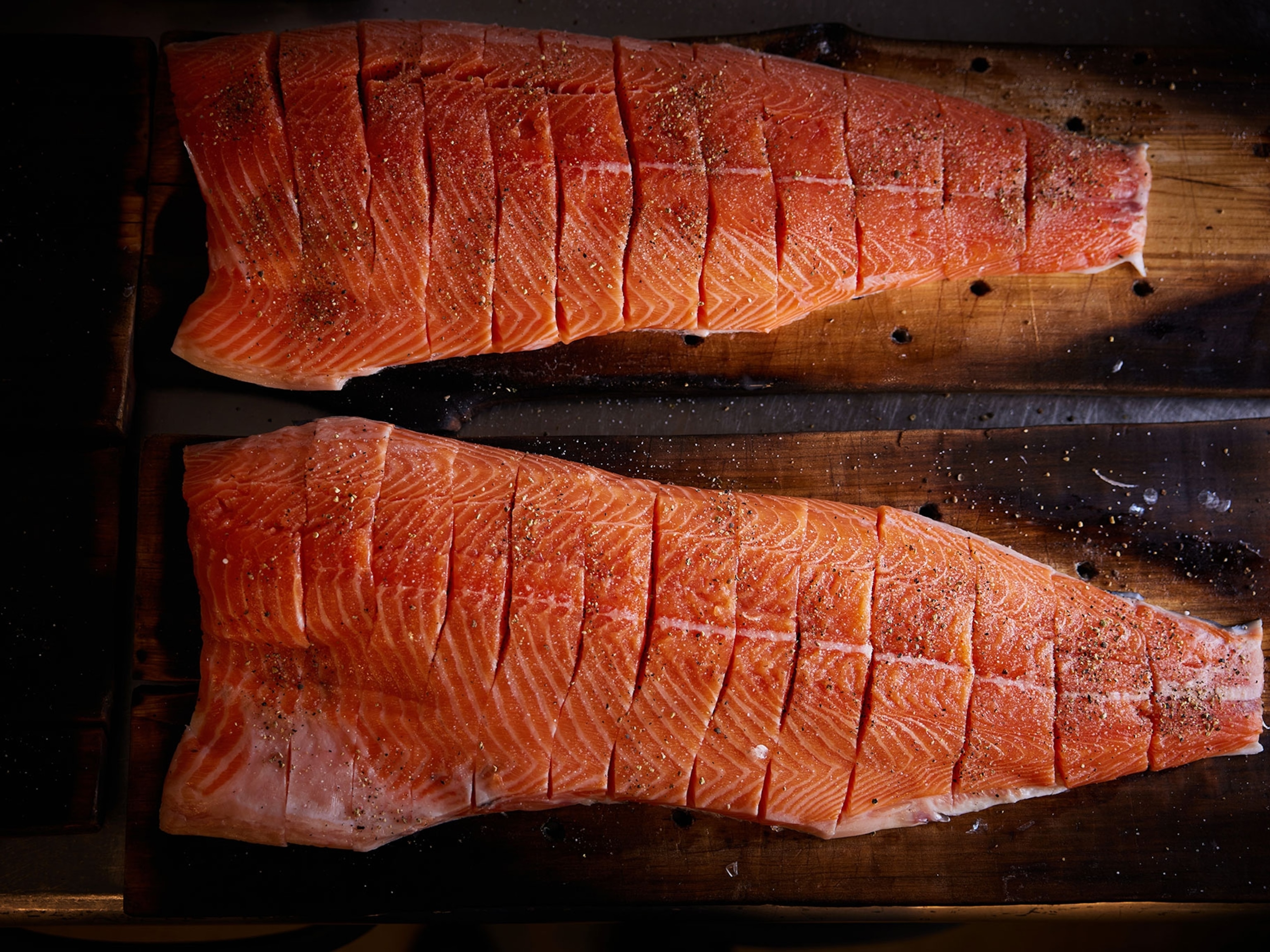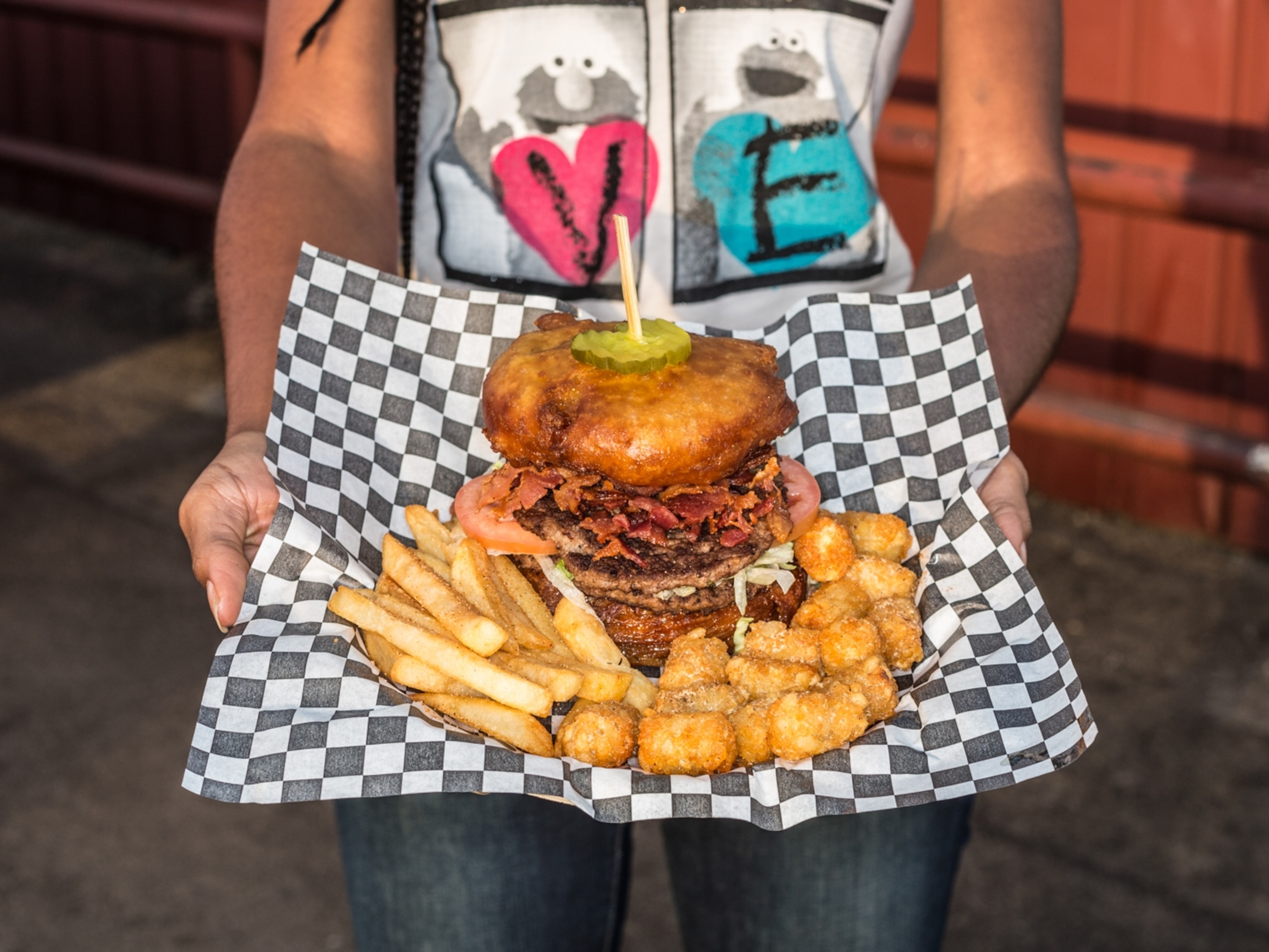
This Doctor Wants to Prescribe Better Food for Everyone
When Molly Maloof was a new doctor in residence at a major medical institution in a pediatric cancer ward, she was struck by how frequently the sick children were given sugar-laden cookies and cakes. When she asked her supervisor if the meals could be changed to include more fresh and healthy foods, she was told she was a “dreamer” and she should keep her head down and her mouth shut.
She took that as a sign, and now Maloof prescribes food before pills. She works with Silicon Valley tech firms to optimize employee nutrition, advises food companies on marketing, and promotes better food as the solution to preventing a host of health problems for everyone.
I caught up with her recently to ask her a bit more about her food and wellness philosophy, and how she thinks technology can help this emerging field. Our conversation was edited for clarity.
CH: I have a question. Have you switched your medical practice completely to preventative health?
MM: I’d say 80 percent of my practice is health optimization using this new model of personalization, prevention, prediction and then participation… My vision of the future is that we double the number of doctors in the country so that every provider has more time to spend with patients. I also would love to see every medical practice employ health coaches, nutritionists, and researchers to help get problems really solved.
My interest is precision medicine, the right diagnosis and right treatment for the individual. I also use functional medicine, meaning I am looking for the root cause of disease and aiming to optimize function. It’s asking how is the body working right now and how is it not working?
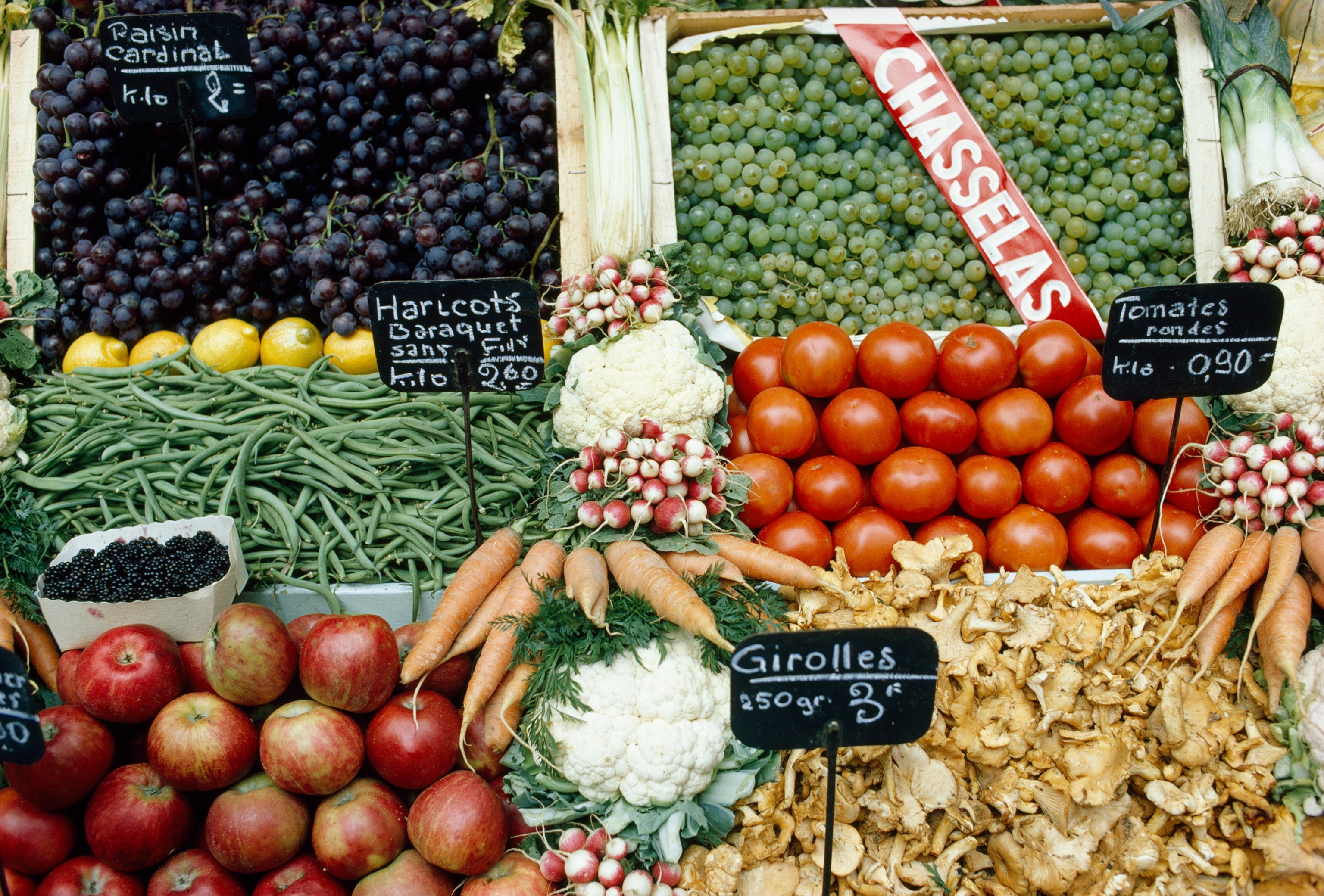
When you say that, do you mean to the individual person in front of you?
It’s not just looking at the pathology of the medical intake. It’s also looking at the wellness side. What are you doing for sleep? What does your environment look like? How is your body functioning from a granular level?
Right now medicine is taking a drug studied in clinical trials … Maybe the study was performed on men only. At the end of the day, you’re still doing trial and error.
My theory is that we also need genetics, clinical chemistry and maybe even metabolomics to guide decision-making around nutritional choices, around exercise choices, around sleep choices … and all the things around the wellness spectrum, not just the illness spectrum.
[You practice] nutragenomics. Is that a common term?
Yeah. There’s a whole department at UC Davis. [But it’s pretty new, called the Center of Excellence for Nutritional Genomics (CENG) They are studying your biochemistry and the genetics of your biochemistry to identify pathways that are sub-optimally functioning and using nutrition therapeutically to … repair these pathways.
Food is who you are. It is who you become. It is what your cells are made of. Spend more money than you do on any other part of your body and try to get as many fruits and vegetables as possible.
I’ve had … blood work many times, but I’ve never had a nutrition panel. Why aren’t more doctors doing that?
There are two big problems right now. A lot of doctors don’t think we have the labs to do this or they think it’s too expensive.
Are there any breakout companies in this space, like … [the personal genomics and biotech company] 23andMe? Anything like that in your field?
Yes, Arivale is one. They are doing an entire program around optimizing wellness using data from the metabolome, genome, microbiome, and clinical chemistry. Pretty groundbreaking research is being translated into practice through health coaches.
There’s also an entire online subculture of communities that are literally hacking their own DNA to try and figure out what’s wrong with them … what their doctor hasn’t thought about.
There’s some software online people are using to interpret 23andMe raw data, but at the end of the day, whether or not this is actually useful always depends on the information the programs are basing their interpretation on. For example, this one says I should have higher blood pressure, this one says I should have normal.
Somebody needs to sit down and say, where are we going to create this database of not just the pathology SNPs [single nucleotide polymorphisms], but all the lifestyle-related genetic data so we can really start making a library of this knowledge.
If you’re genetically predisposed [to Alzheimer’s, for example] and you find that out by one of these newer test methods… you can then dramatically alter what you eat based on it? Are there guidelines for this or are they yet to be written?
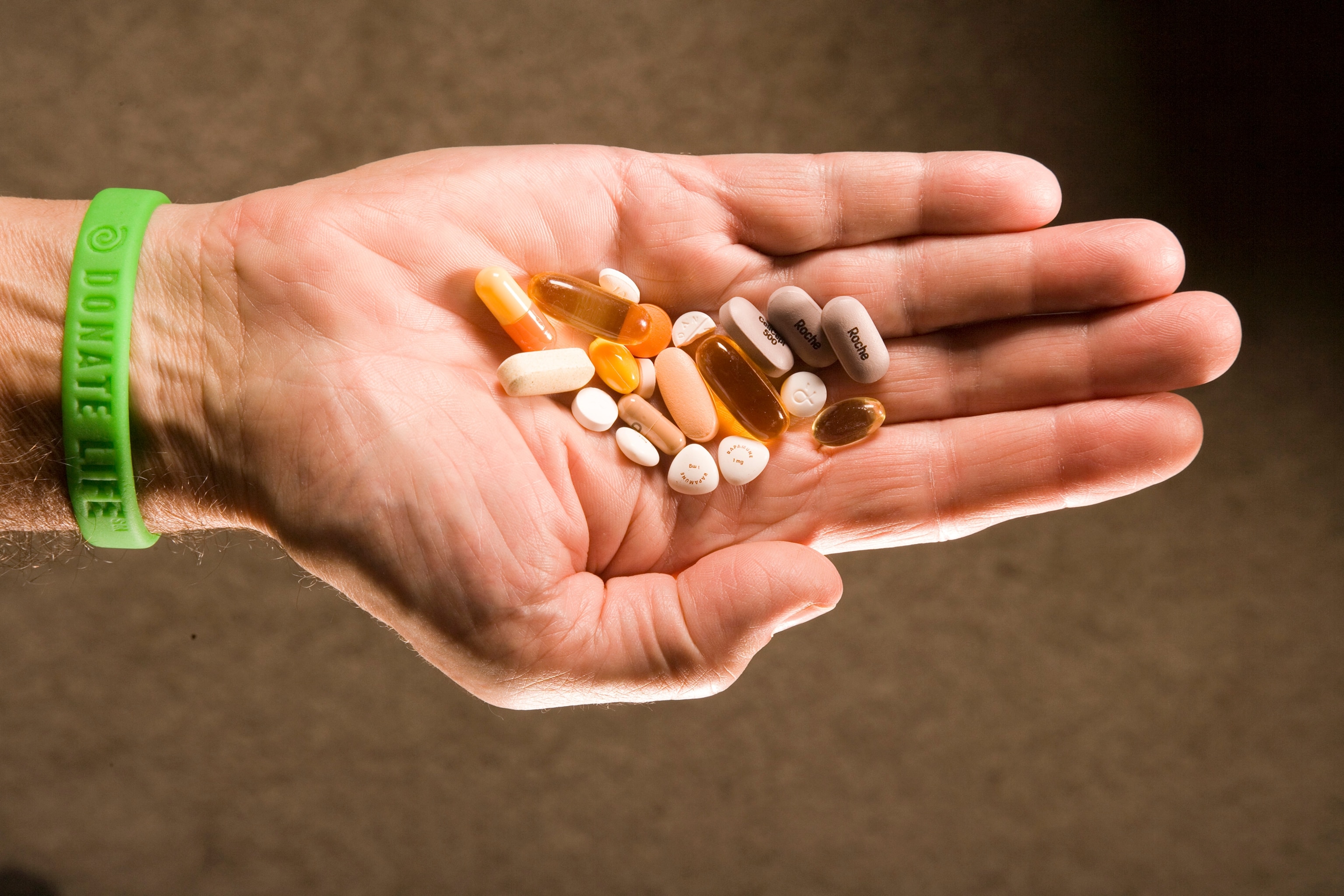
There are some opaque books. In general, minimize high glycemic carbs, eat fish at least twice a week, get five or more a week [fruits and vegetables], … get exercise 20 minutes, three times a week. These are basic recommendations… I could go further.
To the average person, they’d say holy cow, that’s way too much work.
My personal perspective on food is that I really think that everyone across the country needs to get back to cooking. I think that everyone in the country needs to work less hours per day. I actually think that there should be a six-hour workday. People should be given an hour to exercise and work and 20 minutes to meditate. And they should have that extra time to spend with their families and cook.
But most people aren’t gonna cook more. I’m impressed by the number of tech companies that are beginning to offer these super-healthy food delivery services. …
There are also CEOs recognizing that if they have a healthier population and they have healthier access to food, they’re just going to have better-functioning workers [so they are investing in high quality catering]. I wish that this was possible for everybody across the country, but I think we’re starting a trend out here.
The skeptic in me says, “That’s great for rich people who can afford really expensive food, but what about the rest of us?” What do you say to that?
In my vision of the future, food deserts are going to evaporate because we have the ability to prescribe food to people in the ghetto to actually cure them of their diseases… In the future … I think it’s probably more cost effective to give people food than medicine.
Food is who you are. It is who you become. It is what your cells are made of. Spend more money than you do on any other part of your body and try to get as many fruits and vegetables as possible.
Give me three tips I can walk away with.
Find your local farmers market and focus on going there once a week if you can.
Really, truly, just limit as much as possible refined carbohydrates. They don’t belong in your body.
Think about the animals that you’re eating deeply and think about whether these are happy animals. … Focus on high quality pasture-raised grass fed meat & sustainably raised fish.
I feel like I just got a pretty sweet prescription and I’m going to the FARMacy and get it done. Thanks Dr. Molly.
Like Molly Maloof’s take on the Future of Food? Disagree? Maloof will participate in a food and technology conference called reThink Food in Napa Valley, California, November 6-8. The conference is sponsored by the Culinary Institute of America and MIT’s Media Lab, and National Geographic is a media sponsor.
Caleb Harper is a 2015 National Geographic Emerging Explorer and a Research Scientist at MIT’s Media Lab, working to reinvent how we grow healthy food in cities. Follow him on Twitter/Instagram @calebgrowsfood.

